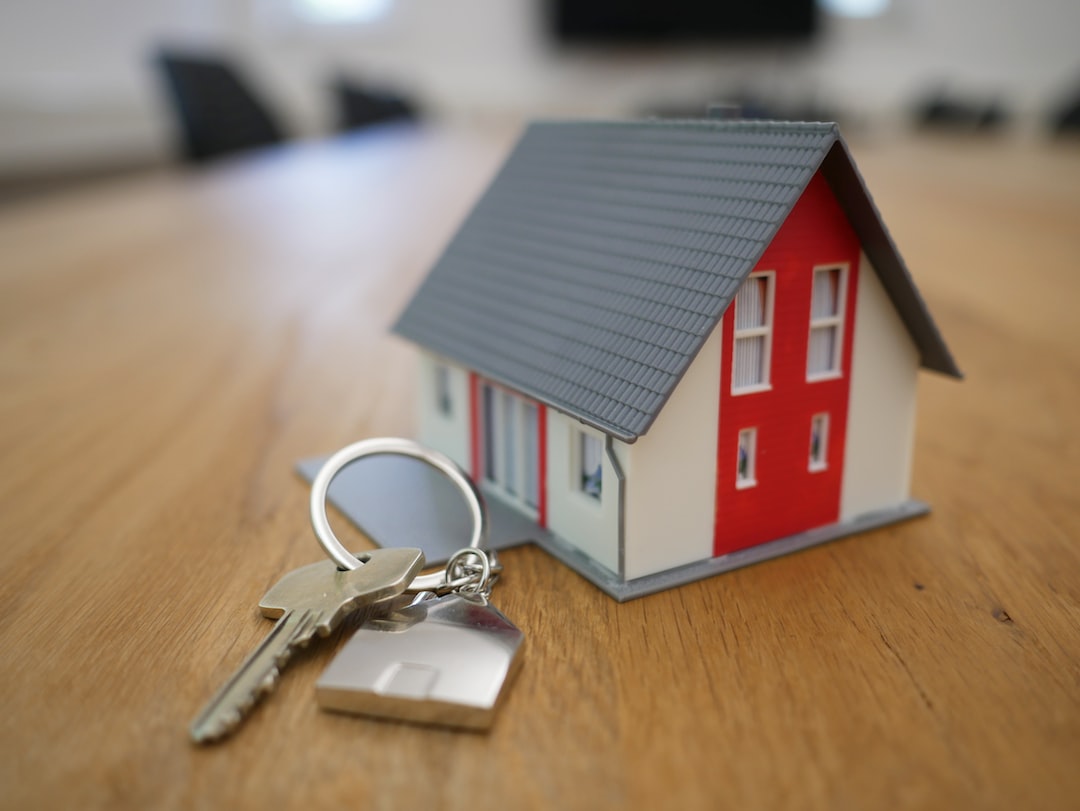When searching for a new home or investment property, many people consider buying a foreclosure as a way to save money. However, it’s essential to approach this process with caution and avoid some common mistakes that buyers often make. In this blog post, we will discuss the most crucial factors to consider and the errors to avoid when buying a foreclosure property.
One common mistake is not conducting proper research. Before jumping into any foreclosure purchase, it’s important to thoroughly research the property, its history, and the surrounding area. This includes reviewing public records, looking into any liens or outstanding debts, and checking the property’s current condition. By taking the time to research and understand the property’s background, potential buyers can avoid hidden surprises and make well-informed decisions.
Another mistake that many buyers make is underestimating the cost of repairs and renovations. While it’s undeniable that foreclosed properties are often sold at discounted prices, they may require significant repairs. Buyers should always conduct a thorough inspection to evaluate the property’s condition and estimate the cost of necessary repairs. This will help avoid purchasing a property that requires more work and investment than anticipated.
Additionally, buyers often make the mistake of not working with professionals during the buying process. Real estate agents who specialize in foreclosures can provide valuable insight and guidance throughout the buying process. These professionals have in-depth knowledge of the foreclosure market and can help buyers navigate the complexities involved. Working with an experienced real estate agent ensures that all necessary paperwork and legal processes are correctly addressed and reduces the risk of costly mistakes.
One mistake that should be avoided at all costs is overlooking potential neighborhood issues. Foreclosed properties are often vacant for extended periods, which can lead to neglect and a decline in the surrounding area. Buying a property in an undesirable neighborhood can limit future resale potential or make it challenging to find tenants for rental properties. It’s crucial to visit the property during different times of the day to assess the neighborhood’s safety, access to amenities, and overall appeal.
Timing is also a critical factor to consider. Some buyers make the mistake of rushing into a foreclosure purchase without thoroughly understanding the local housing market. Monitoring the market trends and studying comparable sales in the area will help buyers determine if the listed foreclosure property is priced fairly. Patience is key in finding the right foreclosure deal at the right time.
Lastly, potential buyers should avoid neglecting financing options. While cash transactions often offer the best negotiating power, not everyone can afford to purchase a foreclosure property outright. Exploring financing options, such as FHA loans or working with an investor-friendly lender, can make buying a foreclosure property more accessible.
In conclusion, buying a foreclosure property requires careful consideration and avoidance of common mistakes. Thorough research, proper inspection, working with professionals, assessing neighborhood conditions, timing the purchase, and exploring financing options are all crucial to avoid potential pitfalls. By taking these factors into account and avoiding these common mistakes, buyers can make a successful and profitable purchase in the foreclosure market.

